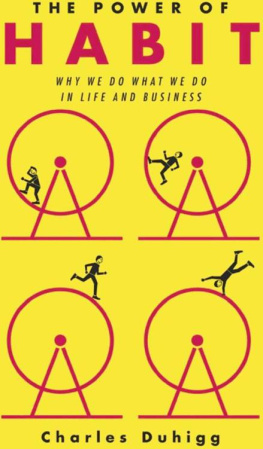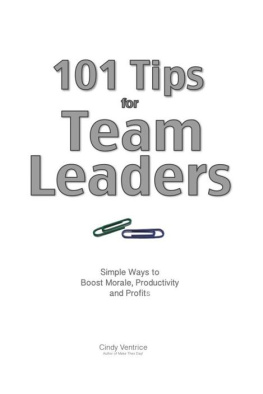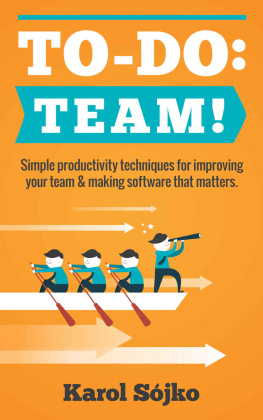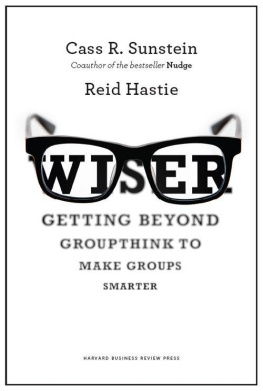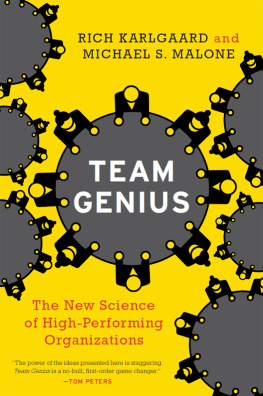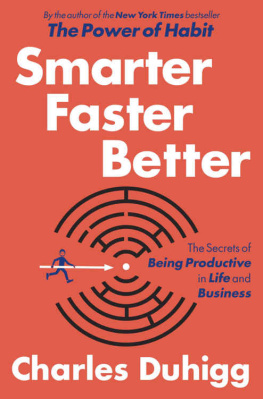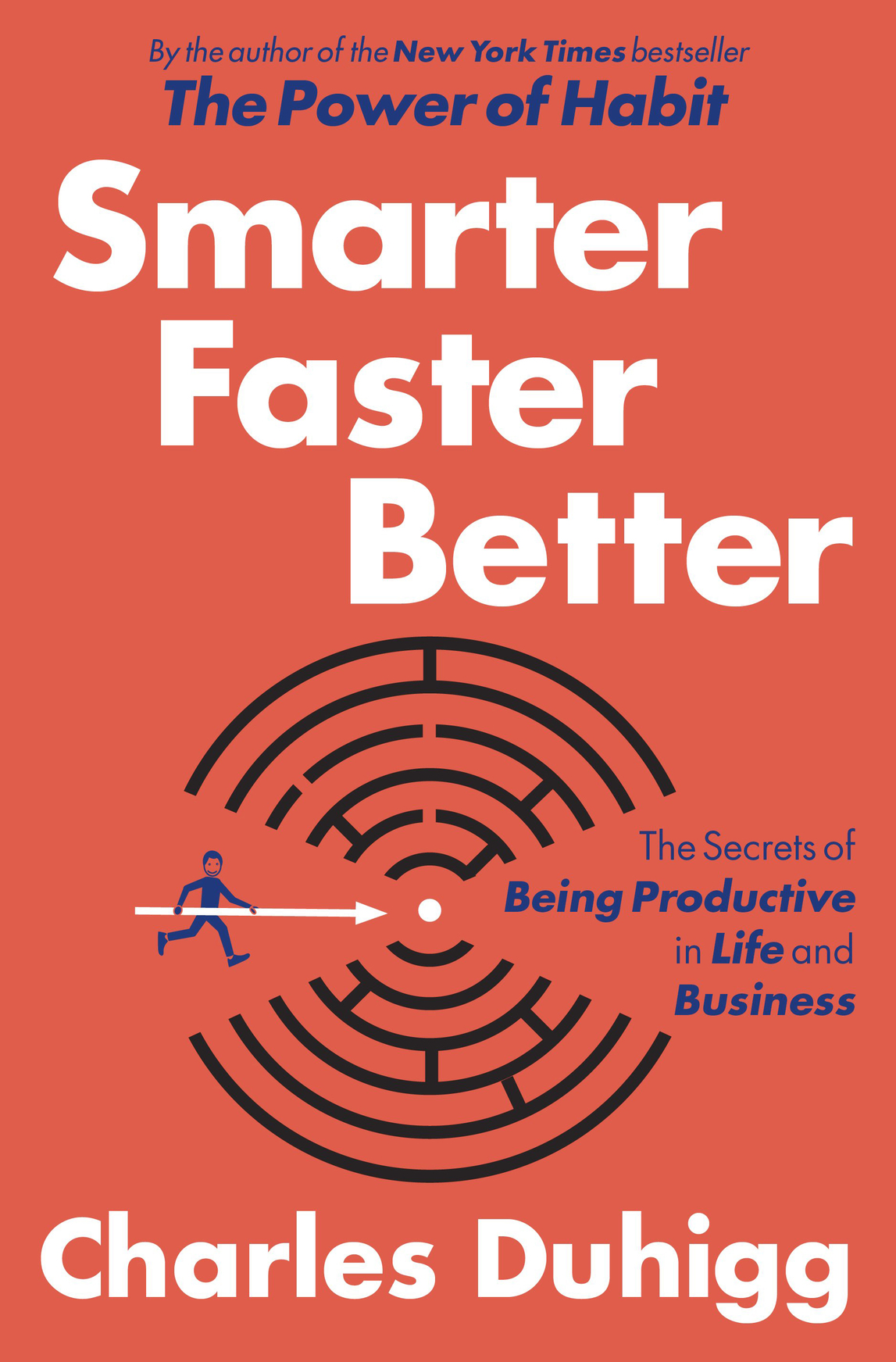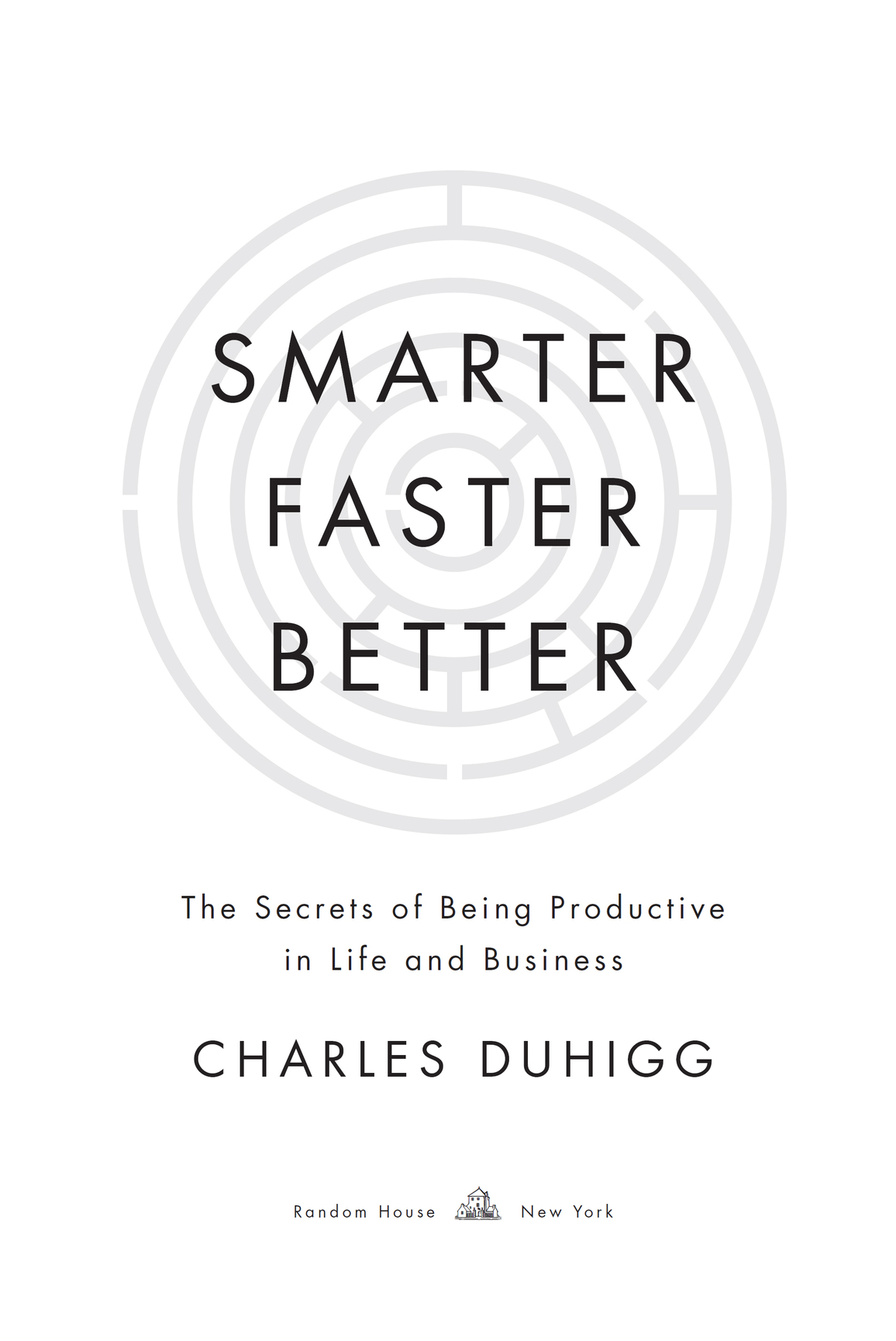As of the time of initial publication, the URLs displayed in this book link or refer to existing websites on the Internet. Penguin Random House LLC is not responsible for, and should not be deemed to endorse or recommend, any website other than its own or any content available on the Internet (including without limitation at any website, blog page, information page) that is not created by Penguin Random House.
All rights reserved.
Published in the United States by Random House, an imprint and division of Penguin Random House LLC, New York.
R ANDOM H OUSE and the H OUSE colophon are registered trademarks of Penguin Random House LLC.
Names: Duhigg, Charles, author.
Title: Smarter faster better: the secrets of productivity in life and business / Charles Duhigg.
Description: New York : Random House, [2016] | Includes bibliographical references and index.
Identifiers: LCCN 2015034214| ISBN 9780812993394 | ISBN 9780679645429 (ebook) Subjects: LCSH: Mental efficiency. | Performance. | Motivation (Psychology) | Decision making. | Success.
Classification: LCC BF431 .D8185 2016 | DDC 158dc23 LC record available at https://lccn.loc.gov/2015034214
INTRODUCTION
My introduction to the science of productivity began in the summer of 2011, when I asked a friend of a friend for a favor.
At the time, I was finishing a book about the neurology and psychology of habit formation. I was in the final, frantic stages of the writing processa flurry of phone calls, panicked rewrites, last-minute editsand felt like I was falling farther and farther behind. My wife, who worked full-time, had just given birth to our second child. I was an investigative reporter at The New York Times and spent my days chasing stories and my nights rewriting book pages. My life felt like a treadmill of to-do lists, emails requiring immediate replies, rushed meetings, and subsequent apologies for being late.
Amid all this hustle and scurryand under the guise of asking for a little publishing adviceI sent a note to an author I admired, a friend of one of my colleagues at the Times. The authors name was Atul Gawande, and he appeared to be a paragon of success. He was a forty-six-year-old staff writer at a prestigious magazine, as well as a renowned surgeon at one of the nations top hospitals. He was an associate professor at Harvard, an adviser to the World Health Organization, and the founder of a nonprofit that sent surgical supplies to medically underserved parts of the world. He had written three booksall bestsellersand was married with three children. In 2006, he had been awarded a MacArthur genius grantand had promptly given a substantial portion of the $500,000 prize to charity.
There are some people who pretend at productivity, whose rsums appear impressive until you realize their greatest talent is self marketing. Then there are others, like Gawande, who seem to exist on a different plane of getting things done. His articles were smart and engaging, and, by all accounts, he was gifted in the operating room, committed to his patients, and a devoted father. Whenever he was interviewed on television, he appeared relaxed and thoughtful. His accomplishments in medicine, writing, and public health were important and real.
I emailed him to ask if he had some time to talk. I wanted to know how he managed to be so productive. Mainly, what was his secret? And, if I learned it, could I change my own life?
Productivity, of course, means different things in different settings. One person might spend an hour exercising in the morning before dropping the kids at school and consider the day a success. Another might opt to use that time locked in her office, returning emails and calling a few clients, and feel equally accomplished. A research scientist or artist may see productivity in failed experiments or discarded canvases since each mistake, they hope, gets them closer to discovery, while an engineers measure of productivity might focus on making an assembly line ever faster. A productive weekend might involve walking through the park with your kids, while a productive workday involves rushing them to daycare and getting to the office as early as you can.
Productivity, put simply, is the name we give our attempts to figure out the best uses of our energy, intellect, and time as we try to seize the most meaningful rewards with the least wasted effort. Its a process of learning how to succeed with less stress and struggle. Its about getting things done without sacrificing everything we care about along the way.
By this definition, Atul Gawande seemed to have things pretty well figured out.
A few days later, he responded to my email with his regrets. I wish I could help, he wrote, but Im running flat out with my various commitments. Even he, it seemed, had limits. I hope youll understand.
Later that week, I mentioned this exchange to our mutual friend. I made it clear I wasnt offendedthat, in fact, I admired Gawandes focus. I imagined his days were consumed with healing patients, teaching medical students, writing articles, and advising the worlds largest health organization.
No, my friend told me, I had it wrong. That wasnt it. Gawande was particularly busy that week because he had bought tickets to a rock concert with his kids. And then he was heading on a mini-vacation with his wife.
In fact, Gawande had suggested to our mutual friend that I should email him again, later that month, when he would have more time in his schedule for chatting.
At that moment, I realized two things:
First, I was clearly doing something wrong because I hadnt taken a day off in nine months; in fact, I was growing worried that, given a choice between their father and the babysitter, my kids would pick the sitter.
Second, and more important, there were people out there who knew how to be more productive. I just had to convince them to share their secrets with me.


